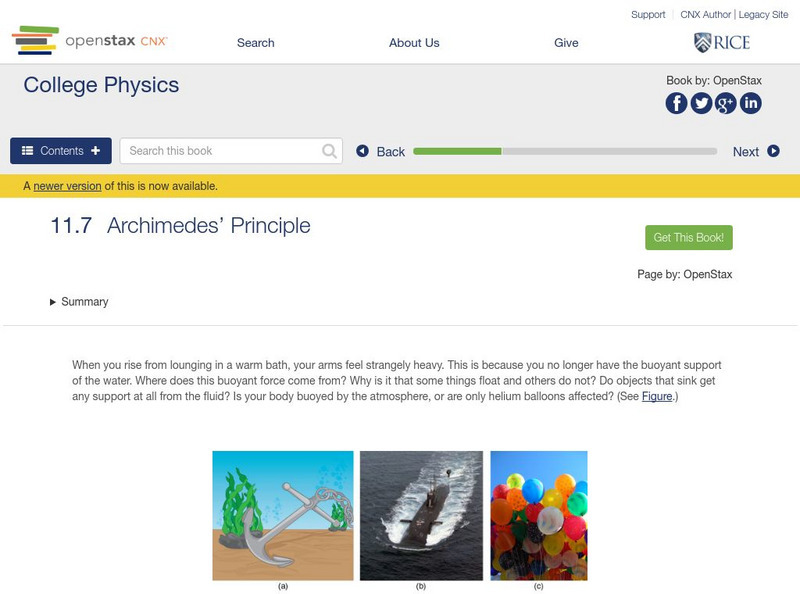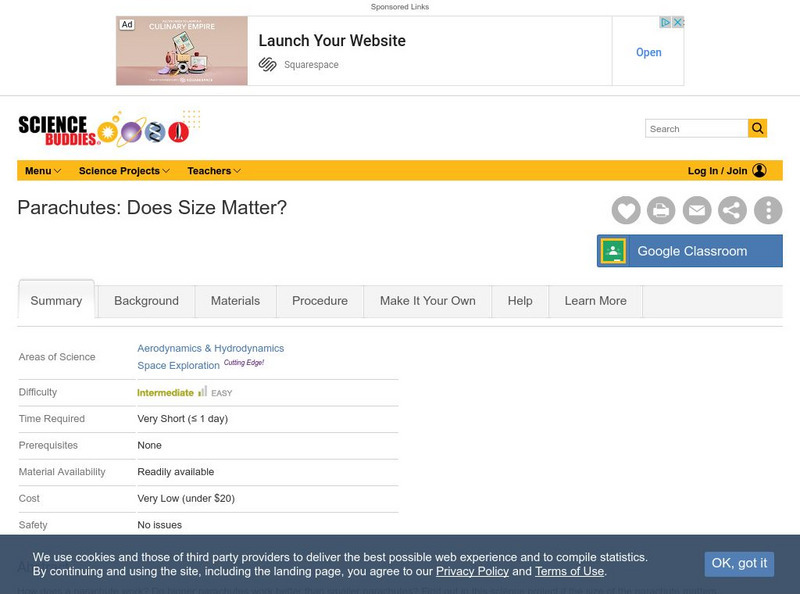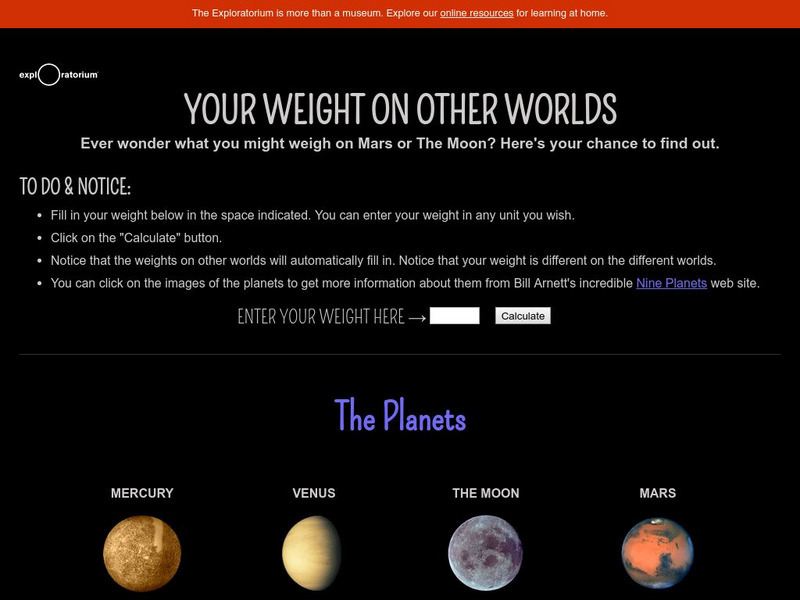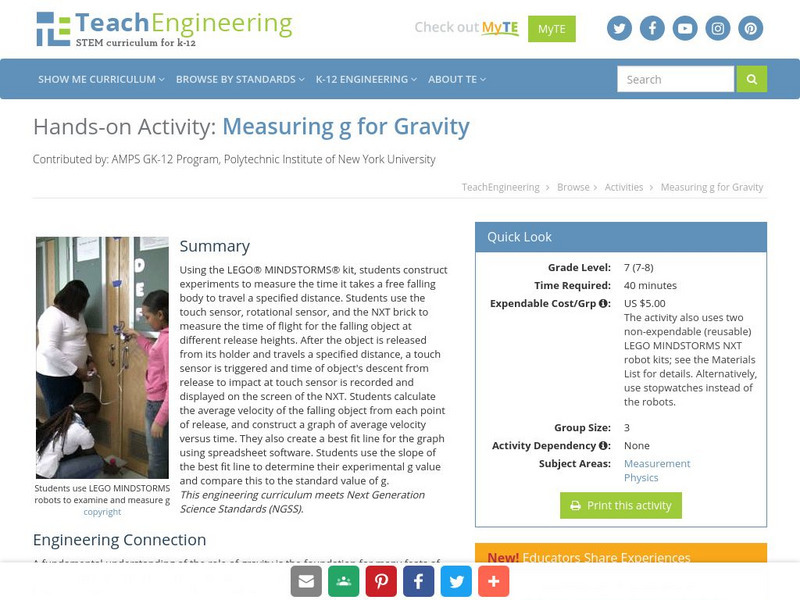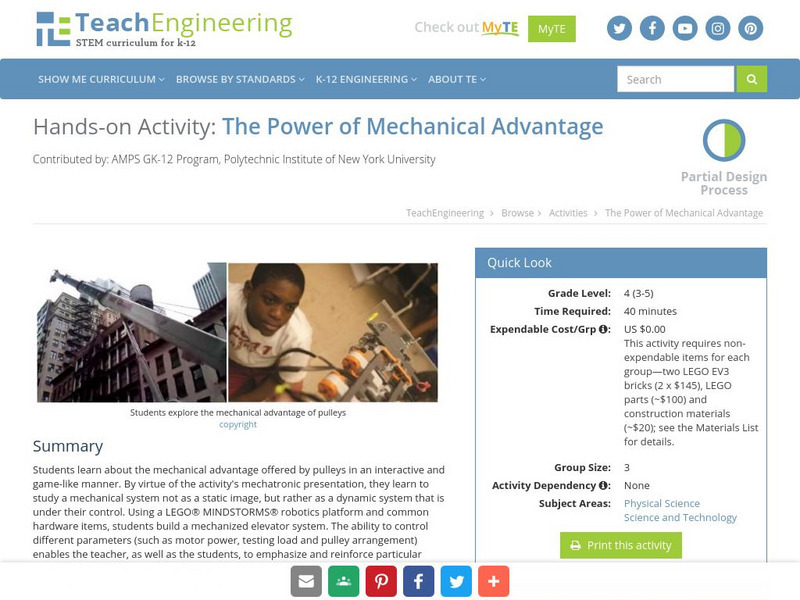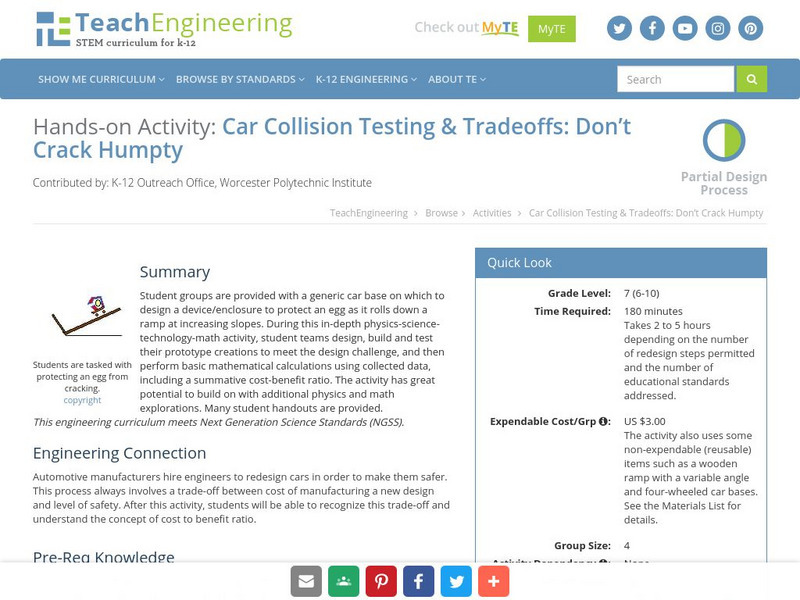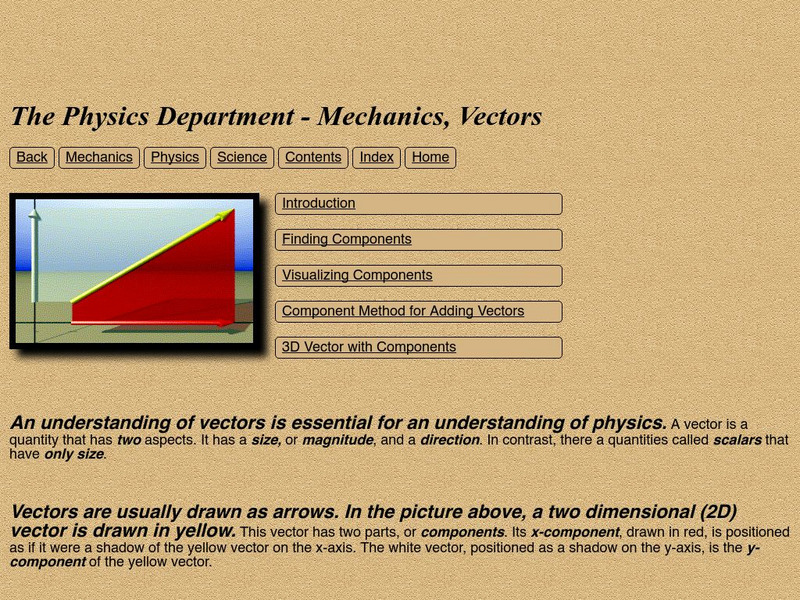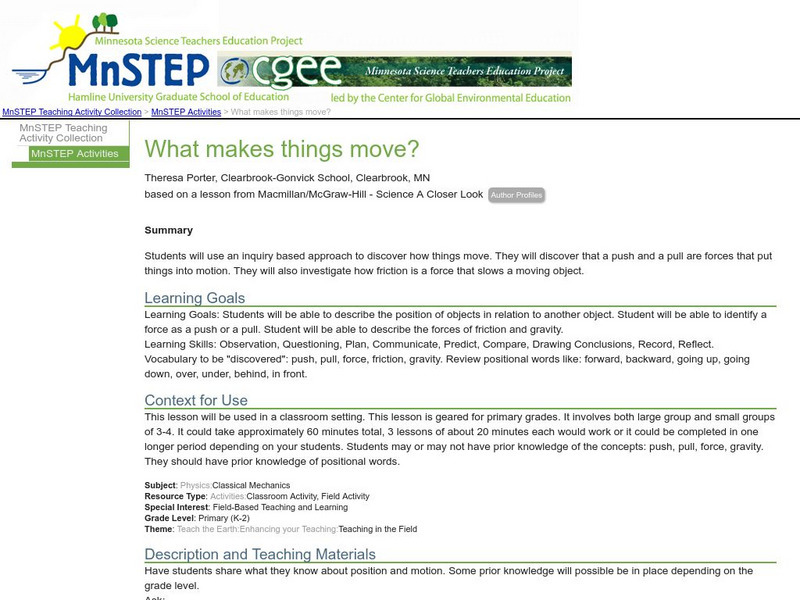Hi, what do you want to do?
OpenStax
Open Stax: Physics: Archimedes' Principle
From a chapter on Fluid Statics in a Physics textbook. This section of the chapter provides a detailed discussion of Archimedes' principle, buoyant force, floating and sinking, and the role of density. Includes questions, problems and...
Utah STEM Foundation
Utah Stem Action Center: Angry Birds Are Mad About Physics
Learn about catapults and Newton's laws of motion.
Georgia State University
Georgia State University: Hyper Physics: Elastic Potential Energy
This site from Georgia State University Physics Department defines elastic potential energy and explains its origin. Provides an equation for computing elastic potential energy and an opportunity to practice solving problems with an...
Massachusetts Institute of Technology
Mit: Open Course Ware: Courses: Physics: Classical Mechanics
College-level online course highlighting the study of classical mechanics. This course focuses on Newtonian mechanics, fluid mechanics, and kinetic gas theory. Course features include a 35 video lecture series by Walter Lewin. Also link...
Georgia State University
Georgia State University: Hyper Physics: Potential Energy
This site from Georgia State University Physics Department defines and explains the concept of potential energy. Using equations and graphics to illustrate the idea, it discusses the many types of potential energy (gravitational,...
Science Buddies
Science Buddies: Parachutes: Does Size Matter?
Experiment with different sizes of parachutes to find out if size matters when slowing the descent of the parachute. The Science Buddies project ideas are set up consistently beginning with an abstract, objective, and introduction,...
TeachEngineering
Teach Engineering: The Stress That You Apply
Students learn about contact stress and its applications in engineering. They are introduced to the concept of heavy loads, such as buildings, elephants, people and traffic, and learn how those heavy loads apply contact stress. Through...
Exploratorium
Exploratorium: Your Weight on Other Worlds
From the Exploratorium Museum. Includes an interactive feature in which a visitor enters their weight on earth and has their weight on other planets computed and displayed. Discusses the distinction between mass and weight and describes...
TeachEngineering
Teach Engineering: Measuring G
Using the LEGO MINDSTORMS NXT kit, students construct experiments to measure the time it takes a free falling body to travel a specified distance. Students use the touch sensor, rotational sensor, and the NXT brick to measure the time of...
TeachEngineering
Teach Engineering: The Power of Mechanical Advantage
Students learn about the mechanical advantage offered by pulleys in an interactive and game-like manner. By virtue of the activity's mechatronic presentation, they learn to study a mechanical system not as a static image, but rather as a...
TeachEngineering
Teach Engineering: Car Collision Testing & Tradeoffs: Don't Crack Humpty
Student groups are provided with a generic car base on which to design a device/enclosure to protect an egg as it rolls down a ramp at increasing slopes. During this activity, student teams design, build and test their prototype...
Curated OER
Zona Land: Mechanics and Vectors
An exceptional tutorial on the topic of vectors that offers many helpful graphics, some of which are interactive.
Khan Academy
Khan Academy: Gravitational Attraction
Applies Newton's concept of gravity to computer graphic programming.
Khan Academy
Khan Academy: What Is Newton's First Law?
Newton's First Law also called the law of inertia is the most important thing to realize about motion. This article offers more information on motion and explains solved problems involving Newton's First Law. Also included is a video...
Lawrence Berkeley National Laboratory
Berkeley Lab: Four Fundamental Interactions
Discussion of the four fundamental forces of nature: strong interactions, weak interactions, gravity, and electromagnetism.
ClassFlow
Class Flow: Simple Machines Quiz
[Free Registration/Login Required] This flipchart consists of a humorous quiz on identifying simple machines and forces of motion such as gravity and inertia.
PBS
Pbs Learning Media: Defying Gravity
Students are asked how acceleration, mass, momentum and velocity are involved in mountain boarding. [0:32]
Science Education Resource Center at Carleton College
Serc: Marble Stop
In this two-part lesson, students will discover that no matter what the shape of the track, the marble will rise to the same vertical height. They will begin to understand the concepts of gravity, motion, and force.
Physics Classroom
The Physics Classroom: Mathematics of Satellite Motion
The mathematics associated with the motion of satellites is described. Equations (for period, velocity, acceleration and force) are stated, symbols described, and sample problems solved. Includes five practice problems with solutions and...
Lawrence Berkeley National Laboratory
Berkeley Lab: La Aventura De Las Particulas
Learn the fundamentals of particles and forces with this site. Explore the paths that explain matter in the universe.
Concord Consortium
The Concord Consortium: Molecular Workbench: Centrifugal Reaction Force
Adjust variables to see how a ball is affected by gravity while traveling around a circle.
Science Education Resource Center at Carleton College
Serc: Mn Step: What Makes Things Move?
In this activity, students will learn about push and pull forces that make things move. They will also practice using position words to describe location. To learn about forces, they will move objects, observe the movement of objects and...
NASA
Nasa: Vectors
This site from NASA provides an excellent tutorial on vectors and their use in physics to describe the motion of objects. Vector addition and resolution are illustrated.
Wikimedia
Wikipedia: The Black Hole
This site examines the black hole as an object in astrophysics. Delve into this comprehensive resource that covers this concept from its history, to qualitative physics, the reality of black holes, mathematical physics and more.





